Developmental milestones are an important medical tool – but is our obsession with them causing unintended harm?
By Amanda Ruggeri, 9th January 2023
(BBC) Scroll through parenting feeds on social media, and you'll soon come across so-called milestone cards: pastel-coloured cards marking a baby's first attempt at crawling, sitting up, or walking, along with their age. It's not just on social media that developmental milestones have become something to celebrate – or stress over. One recent poll, for example, found that around six in 10 US parents worried about their babies meeting their developmental milestones. But few knew what should happen, when.
Other parents may take the opposite approach and pay little attention to the timing of new skills, trusting that a child will develop at their own pace.
Which begs the question: what is the point of milestones – and how should parents use them? Are they a crucial tool that can help us spot early on when something is off track? Or are they just another way for parents to "one-up" each other?
The answers depend, partly, on what exactly we mean by milestones. For a start, the reasons that healthcare professionals give for their importance can differ from parents' views.
"On a very concrete level, a milestone is a description of a behaviour of a child that parents either say their child can do, or cannot do," says Chris Sheldrick, a research associate professor at Boston University who focuses on paediatric screening protocols.
He points to the literal meaning of the word itself. If you're in a 10K race, at the 5K point, there might be a marker: a milestone. By definition, at the start of the race, no-one has passed it. By the end of the race, everyone has.
Checking an individual baby's progress along those markers can help healthcare professionals assess their development. But since parents know their child best, it can be a good idea for them to know roughly when babies tend to do things for the first time, experts say (though there are important caveats to the idea of typical development, to which we'll get later).
When parents take a very relaxed view of milestones – assuming that their child hasn't yet tried crawling or walking simply because they have a more laid-back personality, for example – they may be missing other explanations, healthcare professionals say.
Read the full article on BBC.com.




